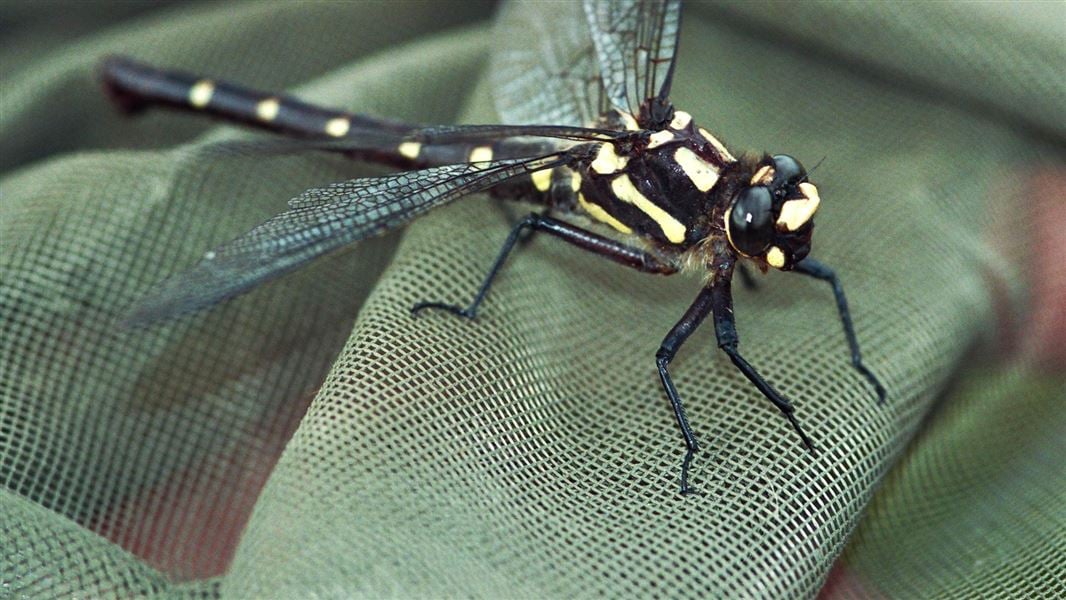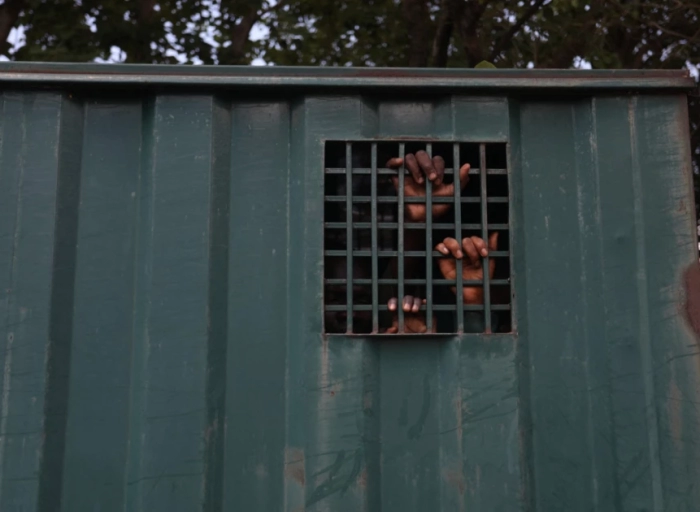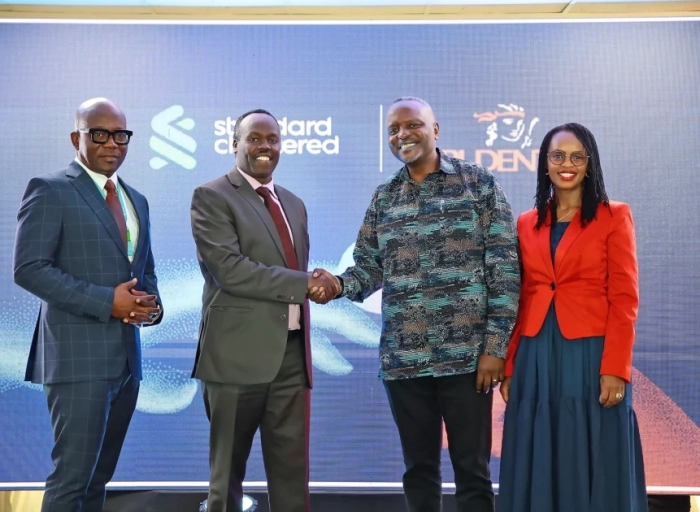Africa’s tropical belt — stretching across the lush Guinean forests of West Africa to the sprawling Congo Basin — is a global hotspot of biodiversity. Yet, hidden within its rivers, streams, and lakes are some of the most critical, yet overlooked, contributors to ecosystem health: freshwater macroinvertebrates.
These tiny organisms — including snails, dragonfly larvae, mayflies, stoneflies, and caddisflies — play a foundational role in freshwater ecosystems. They break down organic matter, recycle nutrients, and form the base of aquatic food webs. Most importantly, they serve as natural barometers for water quality, signaling the presence of pollution or ecological recovery more effectively than most chemical tests.
Yet despite their ecological importance, macroinvertebrates remain largely invisible in Africa’s conservation efforts.
A Groundbreaking Study to Bridge the Data Gap
In a pioneering collaboration, freshwater scientists from Nigeria and Germany have created the first comprehensive database of freshwater macroinvertebrates across 15 countries in the Guineo-Congolian region. Using species-level data from peer-reviewed publications and the Global Biodiversity Information Facility (GBIF), this curated resource aims to help researchers model species distributions and identify priority areas for conservation.
The findings are eye-opening. Most countries in the region are severely underrepresented in macroinvertebrate records. Nations like São Tomé and Príncipe lack any data, while others such as Togo and Equatorial Guinea have fewer than 50 documented species.
By contrast, Nigeria, the Democratic Republic of Congo, Cameroon, and Gabon each have over 200 recorded species — though this figure likely underrepresents the true biodiversity. The study revealed a strong correlation between the intensity of sampling efforts and the number of species recorded, underscoring that limited data often reflects lack of research, not lack of biodiversity.
The Silent Warning Signs We’re Missing
Perhaps most concerning is the absence of indicator species such as mayflies, stoneflies, and caddisflies in many African datasets. These species are globally recognized for their sensitivity to pollution and are a cornerstone of water quality monitoring in developed regions. Their scarcity in African records is not due to ecological absence, but a lack of taxonomic expertise and focused research.
What Needs to Change
To better protect Africa’s freshwater ecosystems, the study calls for:
- Increased macroinvertebrate surveys in under-sampled regions
- Investment in taxonomic training and identification tools for both researchers and citizen scientists
- Stronger regional collaborations to share expertise, standardize data collection, and build research networks
- Government and AU-level prioritization of freshwater biodiversity, particularly in support of the UN Sustainable Development Goal 15
With greater investment and attention, new species can be discovered, and vulnerable habitats can be safeguarded.
Why It Matters
Macroinvertebrates are the often-ignored engineers of freshwater health — the “little things that run the world,” as ecologist Edward O. Wilson once said. They are not just indicators of ecosystem integrity; they are essential to its survival.
By recognizing their value and elevating them within conservation strategies, Africa can better protect its rich freshwater resources and ensure a healthier future for both people and planet.
Now is the time to bring these unsung guardians of biodiversity into the spotlight — before it’s too late.




